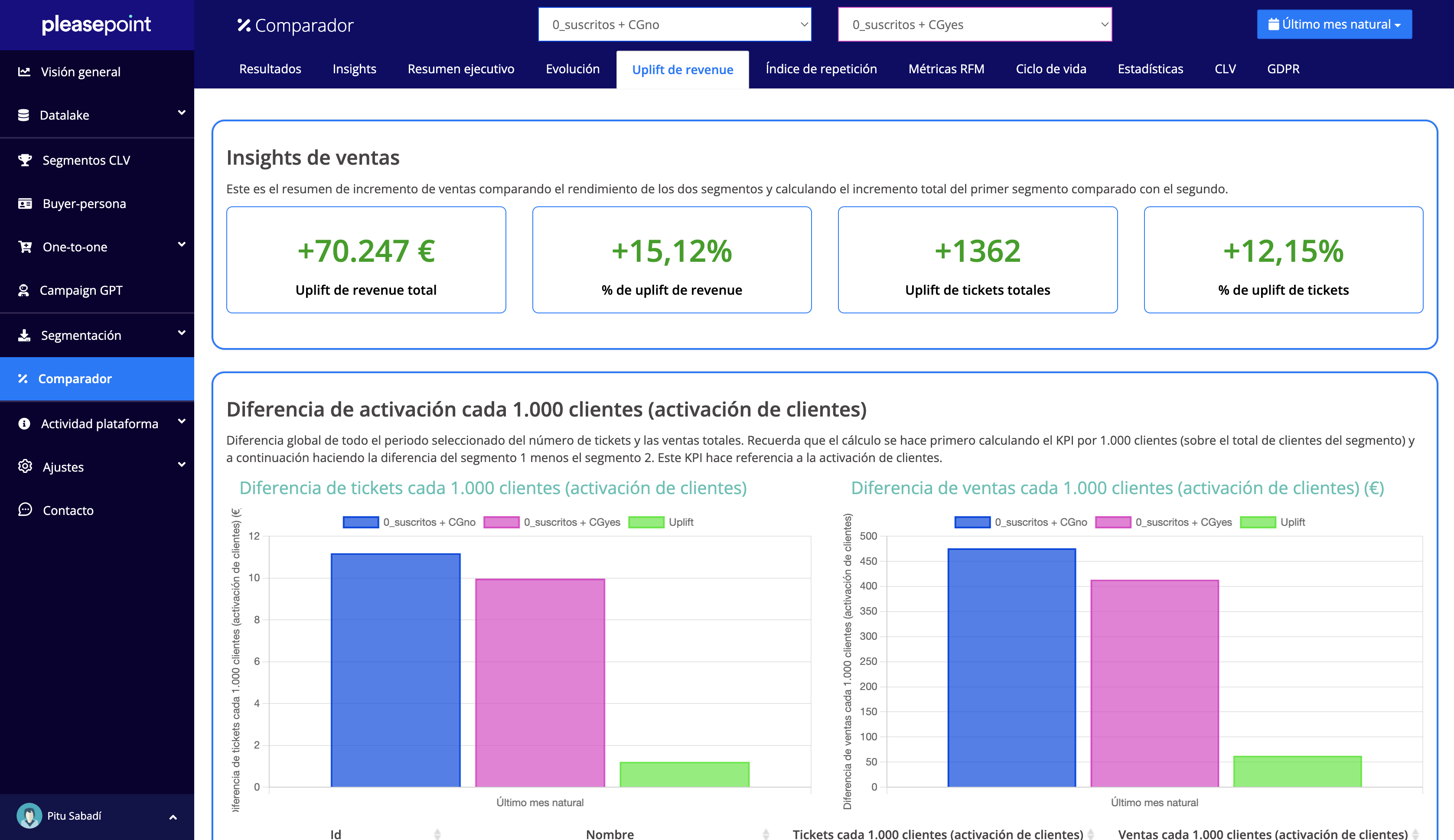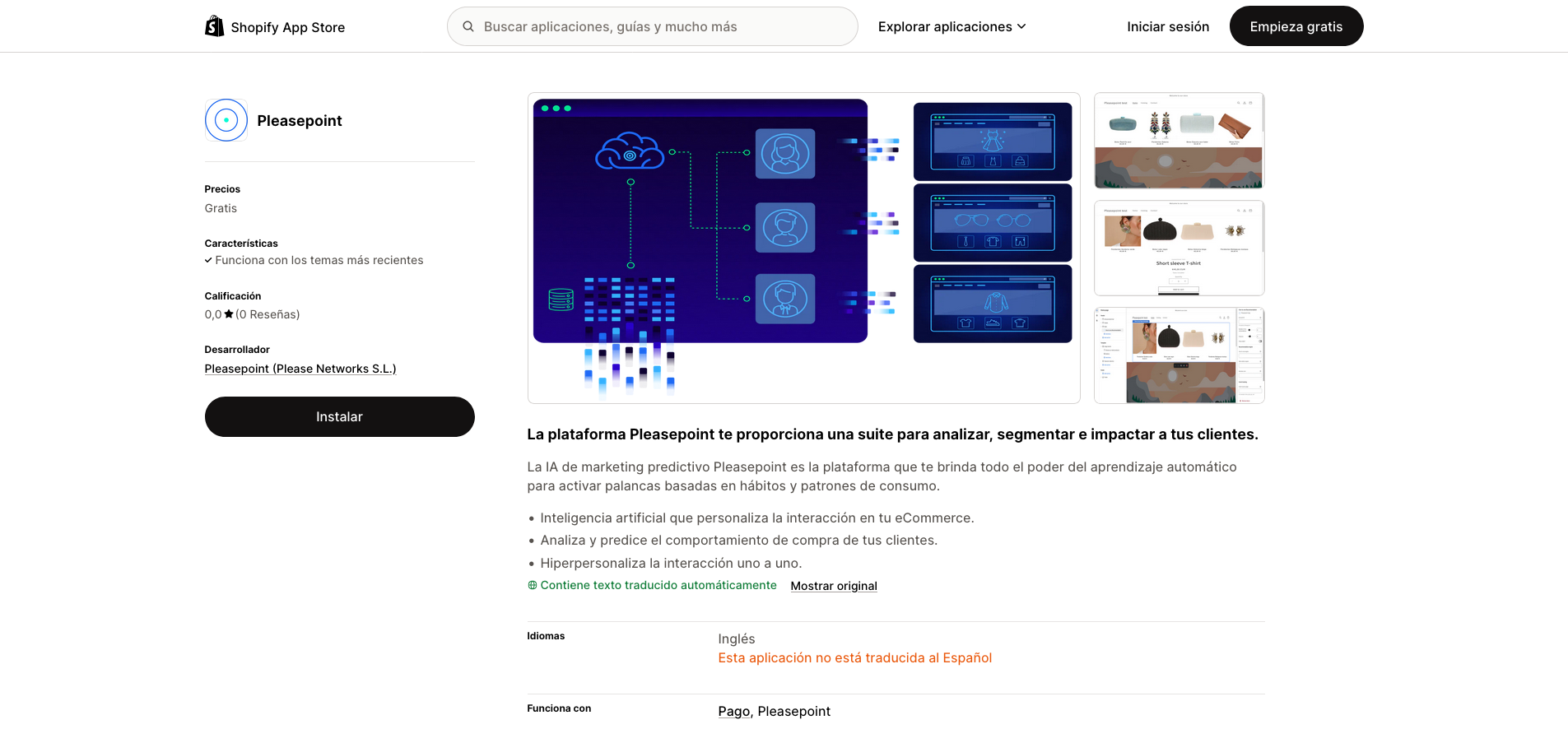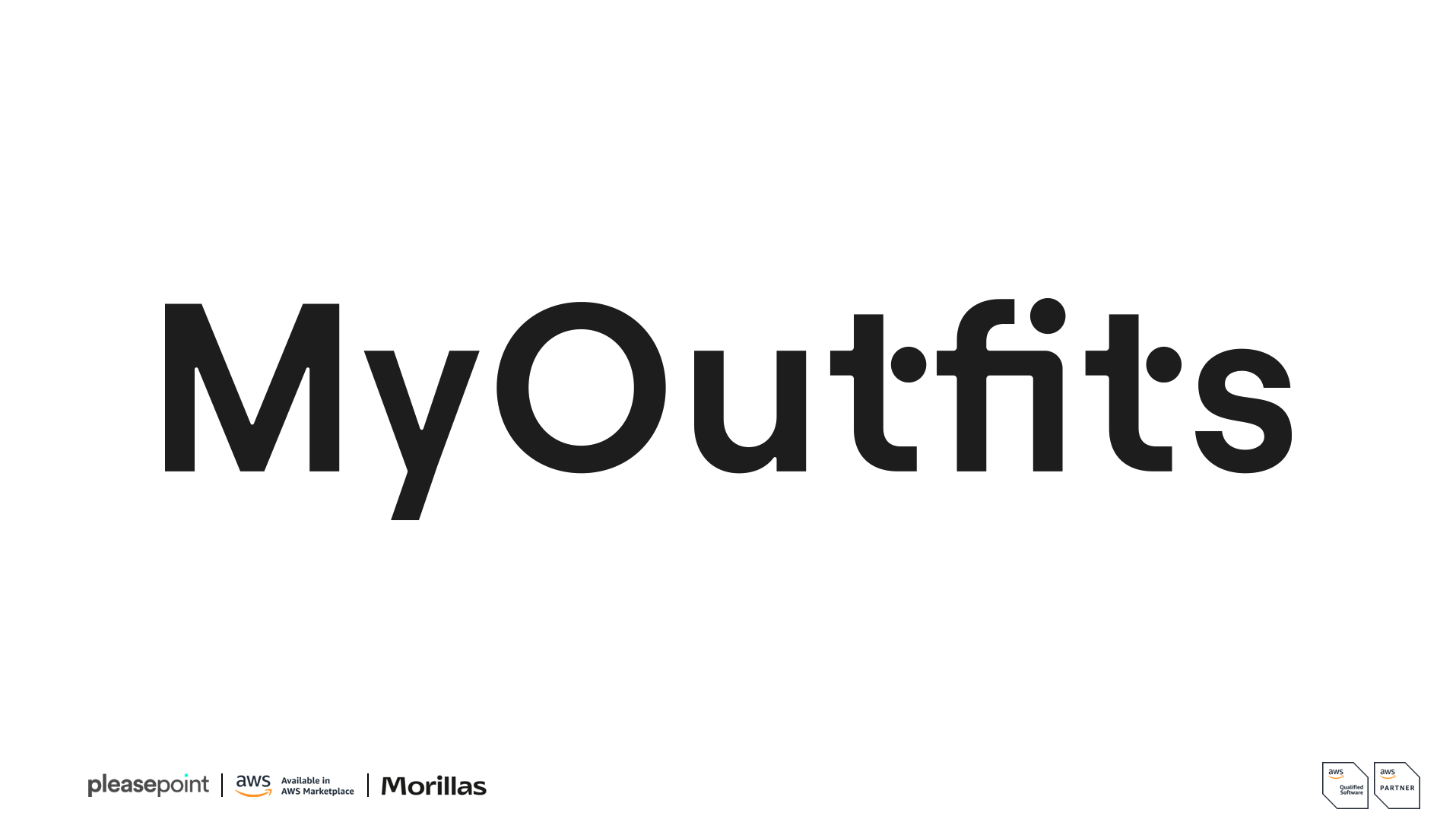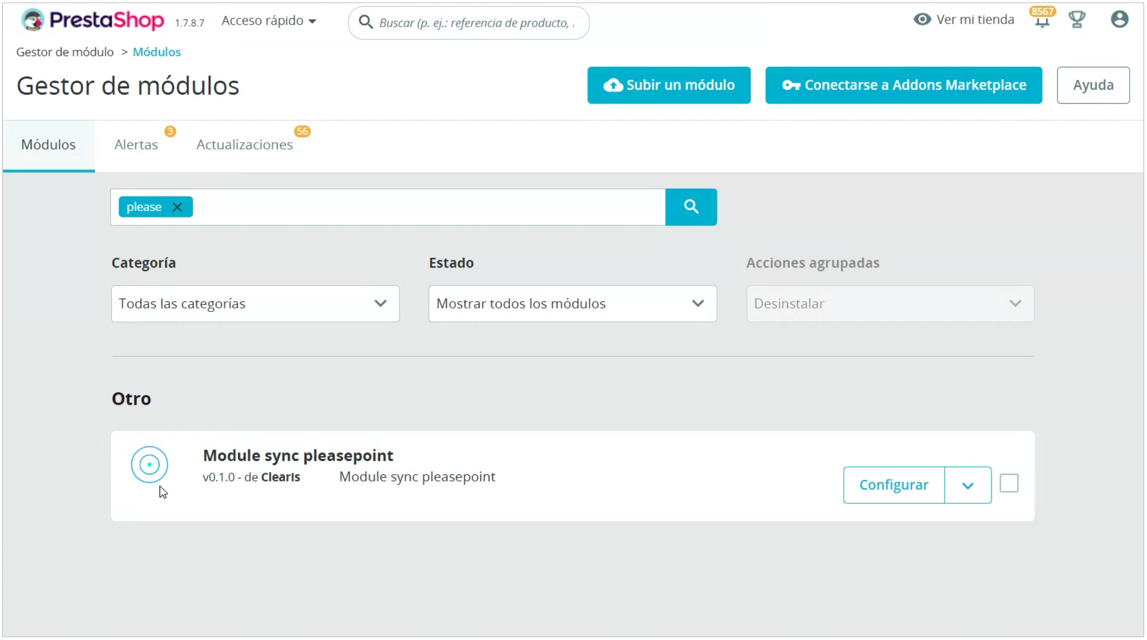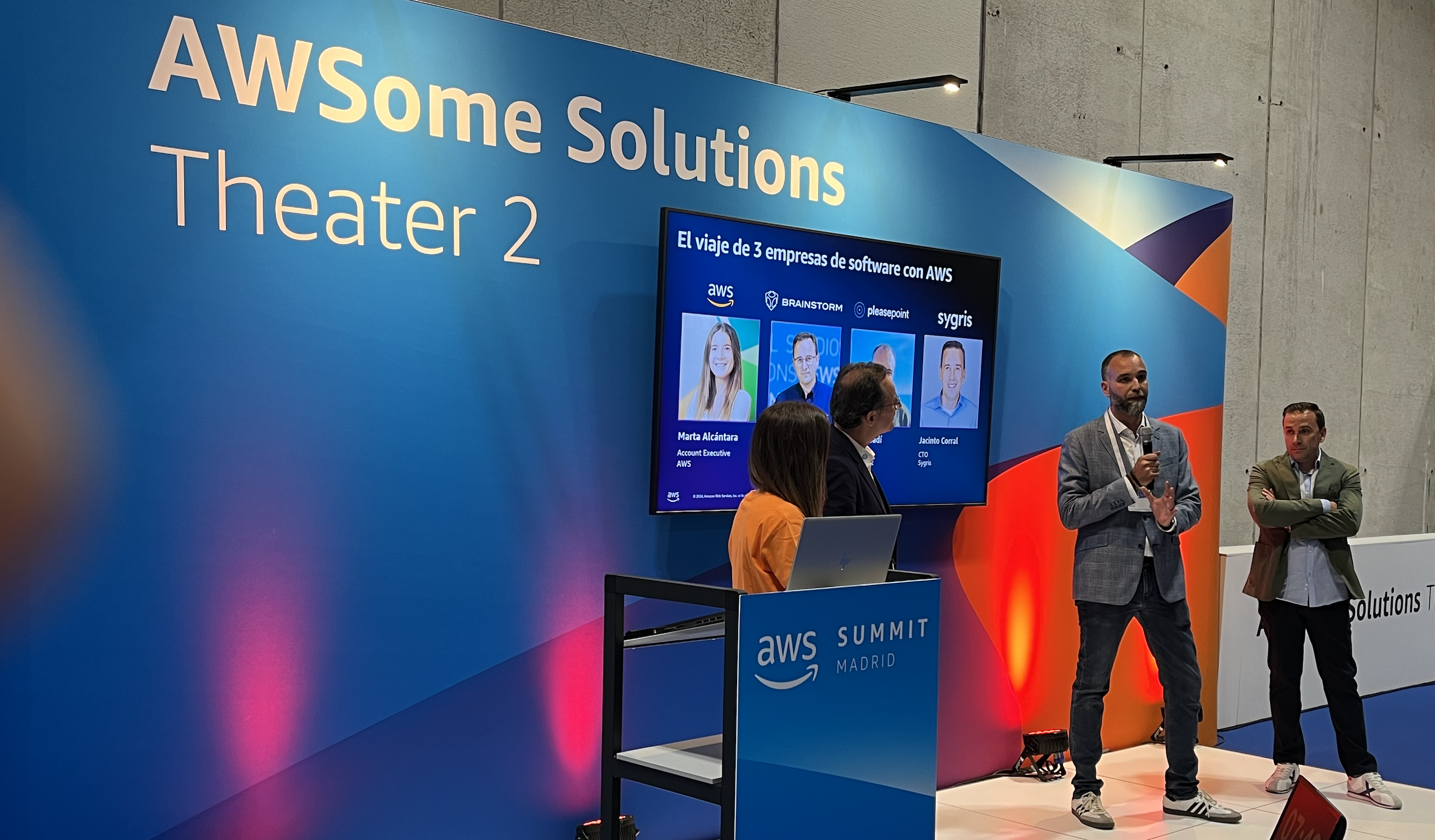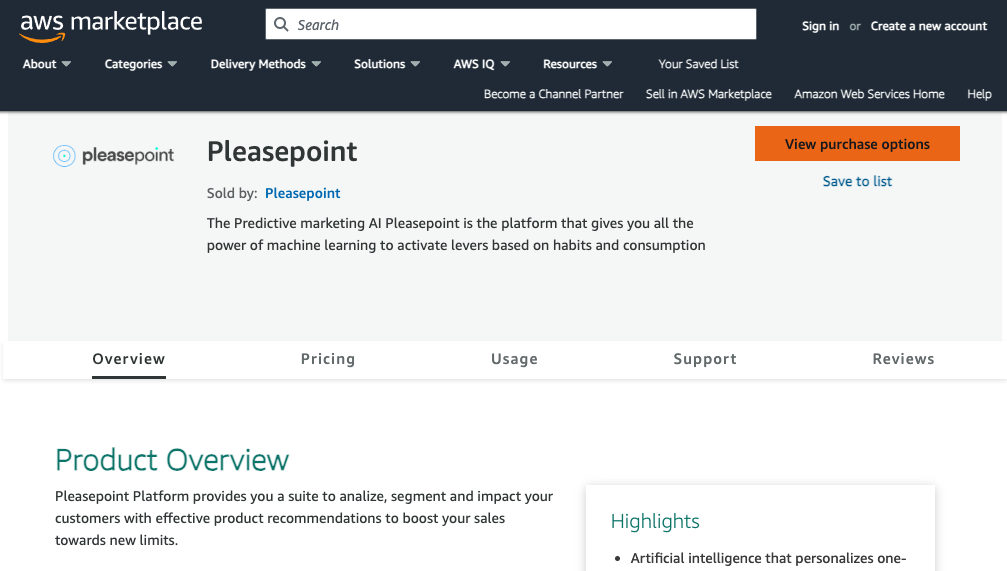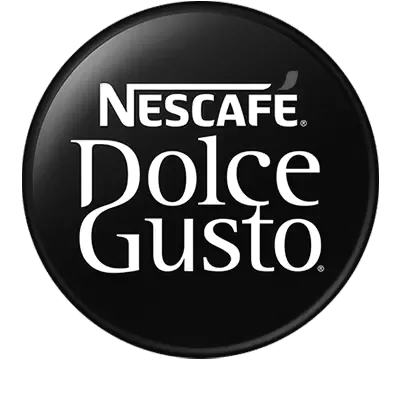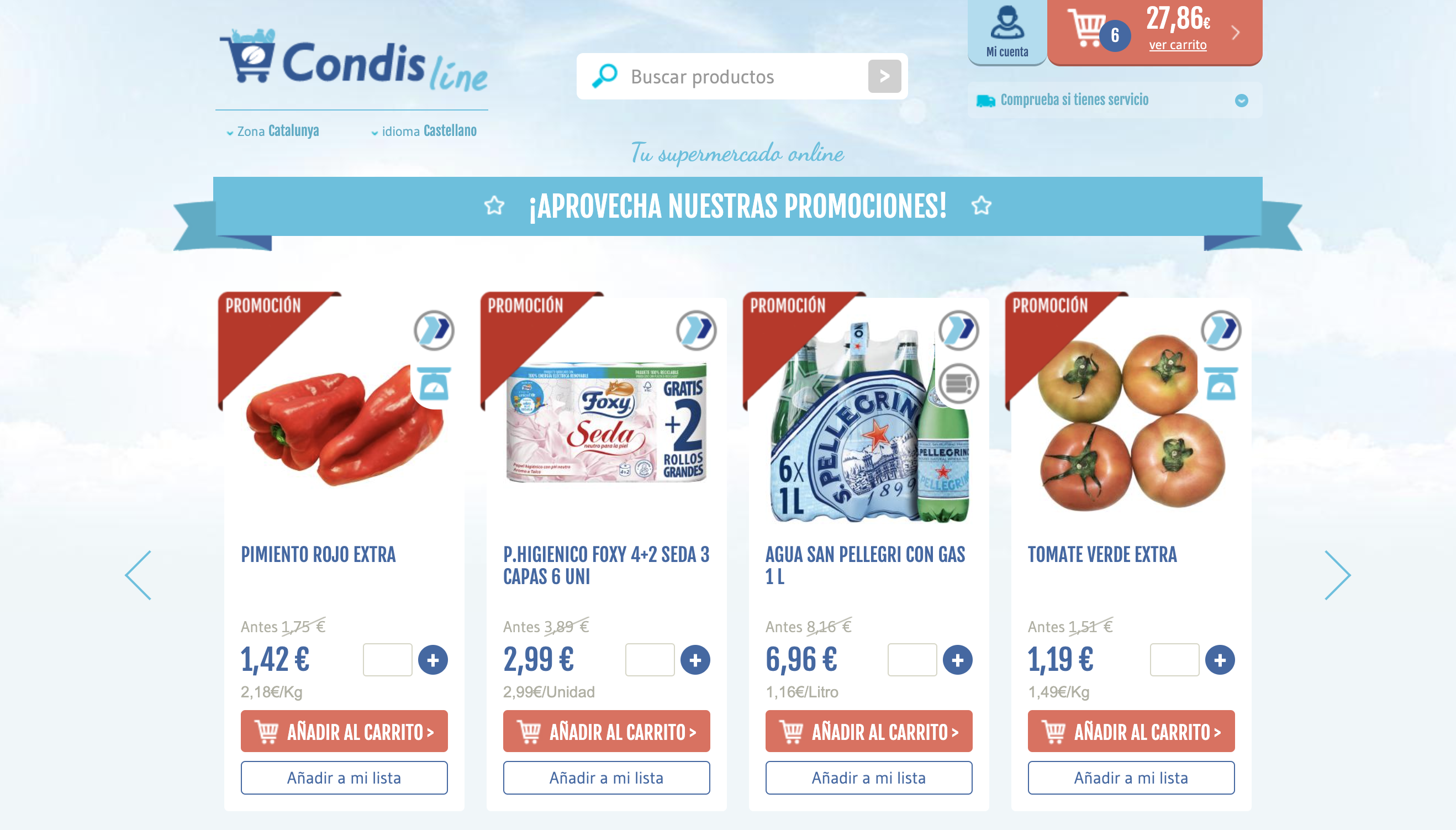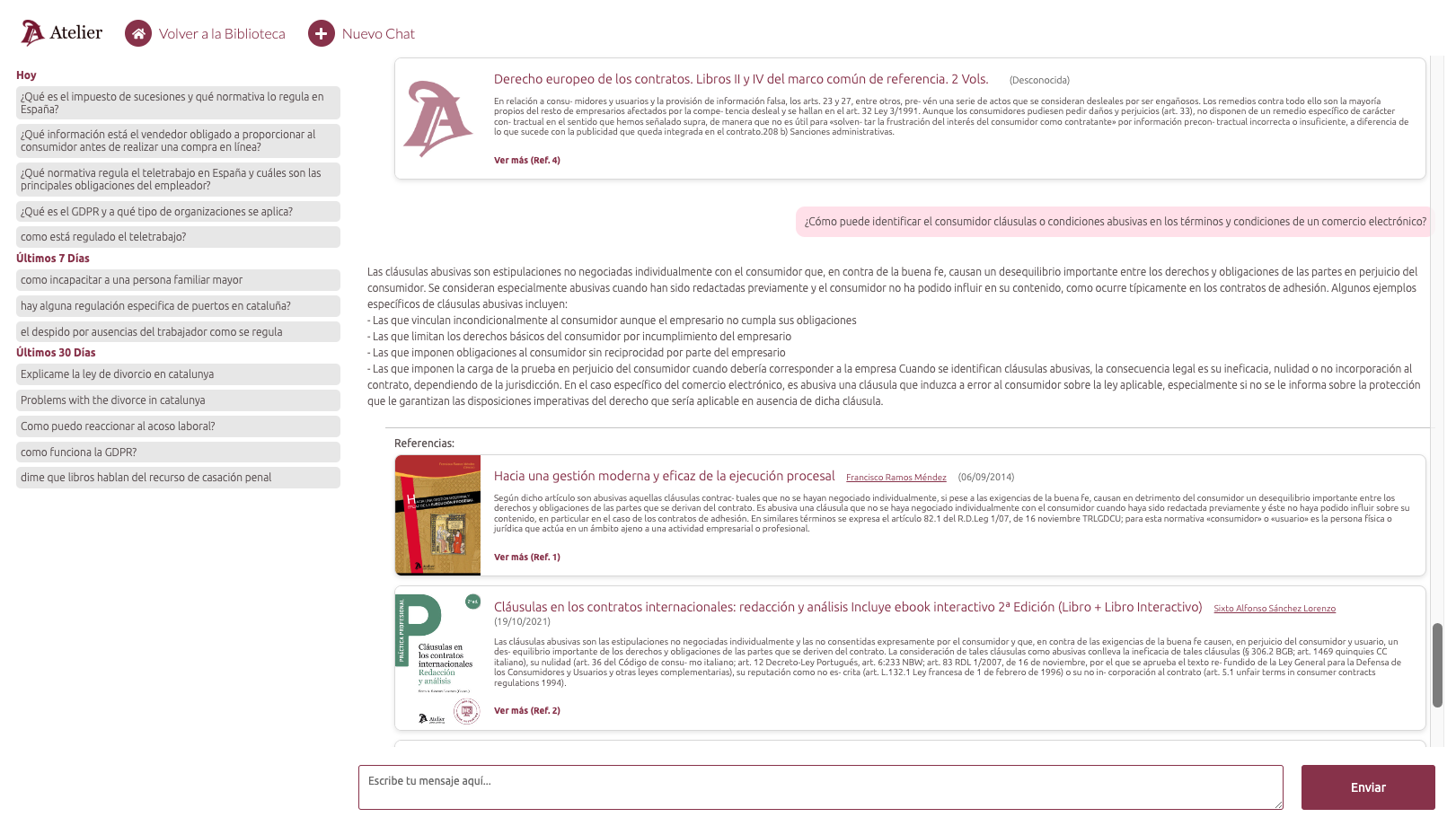Imagine a marketing strategy that responds to your customers' product replenishment needs, taking into account key factors such as buying cycles, product type, purchase volume, and price sensitivity.
In this post, we present an exciting success story that highlights how personalization using predictive marketing techniques drives product replenishment, with a real example from a client using our software—a manufacturer of consumer goods with direct online sales.
Get ready to discover the amazing results achieved in June and how personalized strategy made a significant difference.
What was the personalization strategy?
Thanks to Pleasepoint's predictive models, our client can identify which customers are within the purchase cycle and which are outside of it.
By understanding how often each customer buys, we can identify when they are in a healthy cycle, when they are approaching a purchase window, and when they have passed their usual buying habits.
With the self-configurable predictive models of the buyer-persona module, we identify typical purchase volumes and their sensitivity to price and promotions.
With all this information, here is the personalization strategy used:
- Differentiation between customers approaching their purchase window and those outside the purchase cycle.
- Personalization of the number of products offered to each customer according to their purchase propensity.
- Personalization of promotion types based on customer status and previous coupon usage.
Preparing the control group.
Before diving into the results, it's important to note that we used a 5% control group. This group did not receive personalized product replenishment impacts but received general communications treated in bulk.
Creating a homogeneous control group with Pleasepoint is quick and easy, allowing us to compare results and evaluate the true impact of personalization in the product replenishment strategy.
To create the control group, you first configure it in the segmentation module based on Customer Lifetime Value.
This module allows customers to be classified according to their loyalty level. Many of our users classify it as an RFM plus model.
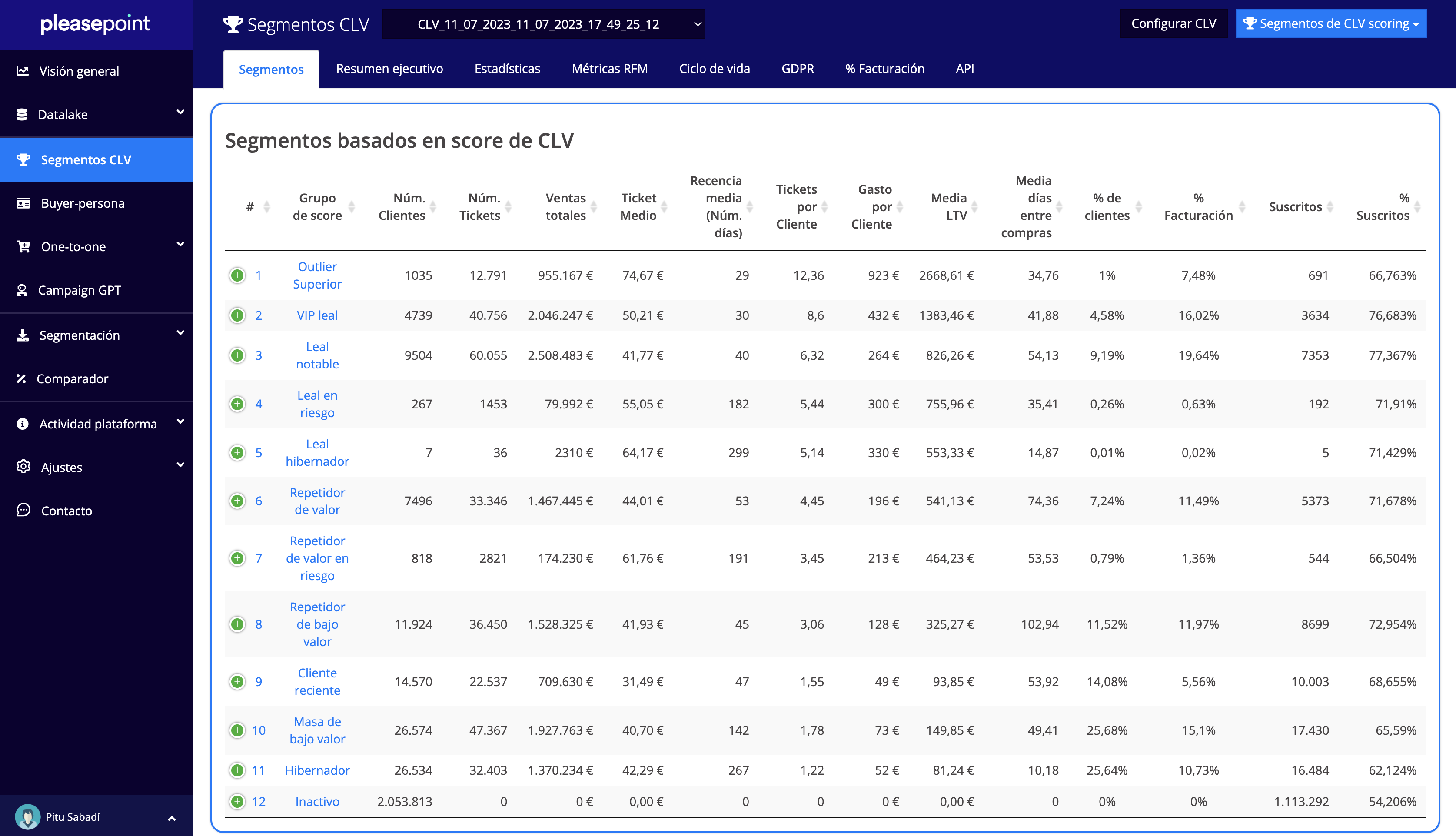
To configure the control group, go to the CLV model configuration.
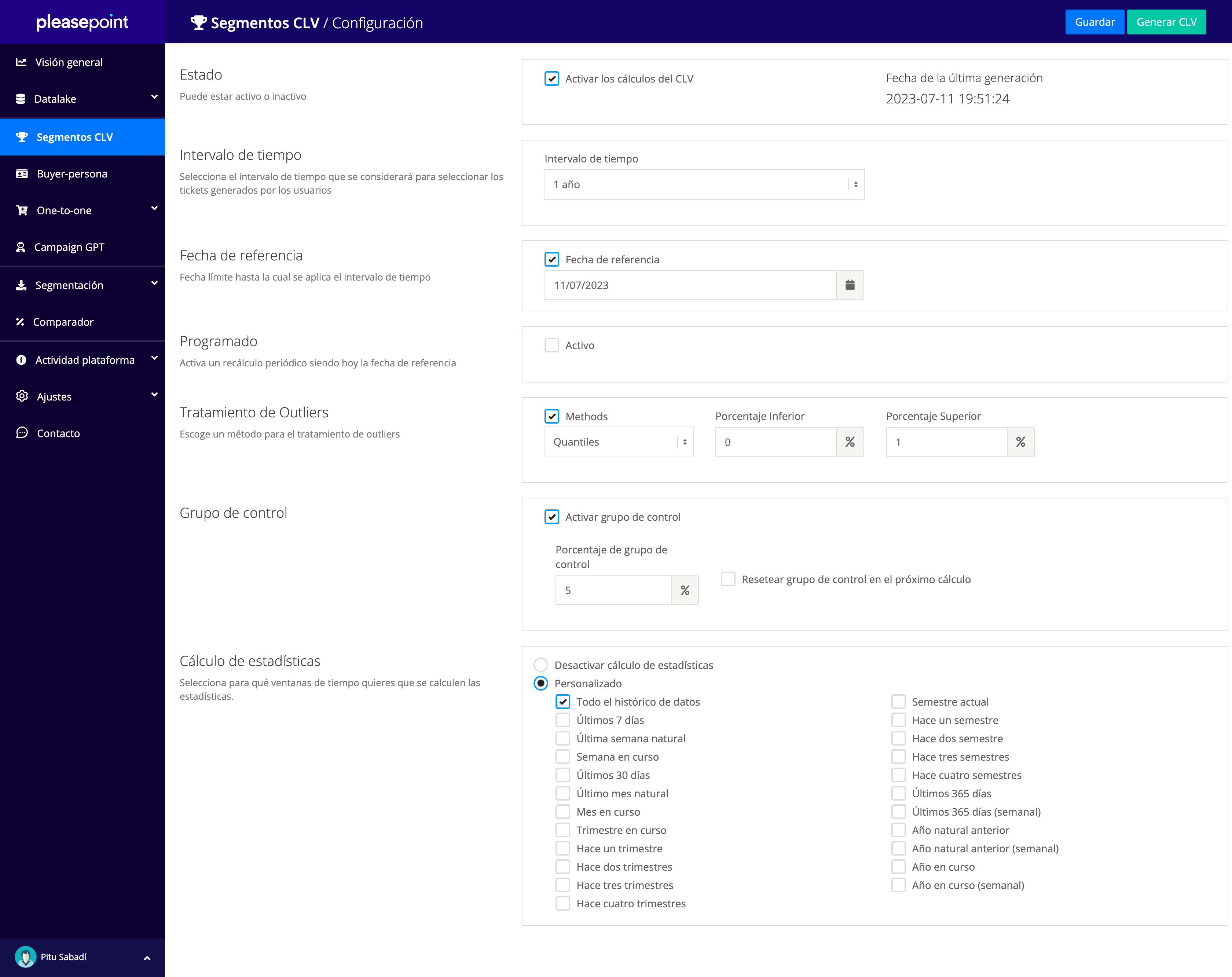
In the Control Group section, you can set the percentage of users you want to save as the control group.
Simply activate the control group creation and define the percentage. You can also choose to reset the control group in the next execution.

How does the control group creation work?
- In the first run, it selects the % of customers and saves them as the control group.
- In subsequent runs, it classifies customers according to the same percentage, needing a minimum of 50 users to do so.
- When the reset option is activated, it returns to the initial state.
The control group is updated at the same frequency as the configured CLV segment update.
This ensures a high-quality control group, as it includes customers classified by loyalty in the same proportions.
+70k€ sales increase.
The moment of truth has arrived.
The results obtained in June from this personalized strategy are impressive. We saw a €70,000 increase in revenue, representing a 15% increase.

In addition, there was an increase of 1,362 tickets, representing a 12.15% growth.
These numbers speak for themselves, demonstrating the power of personalized predictive marketing to drive product replenishment and significantly impact business performance.
How can I easily calculate sales uplift?
To calculate performance between two customer segments, you can use our comparison module.
The comparison module automatically calculates the performance between two customer segments.
In this case, we compared the impactable customers with those reserved as the control group.
Here are the overall results for June.
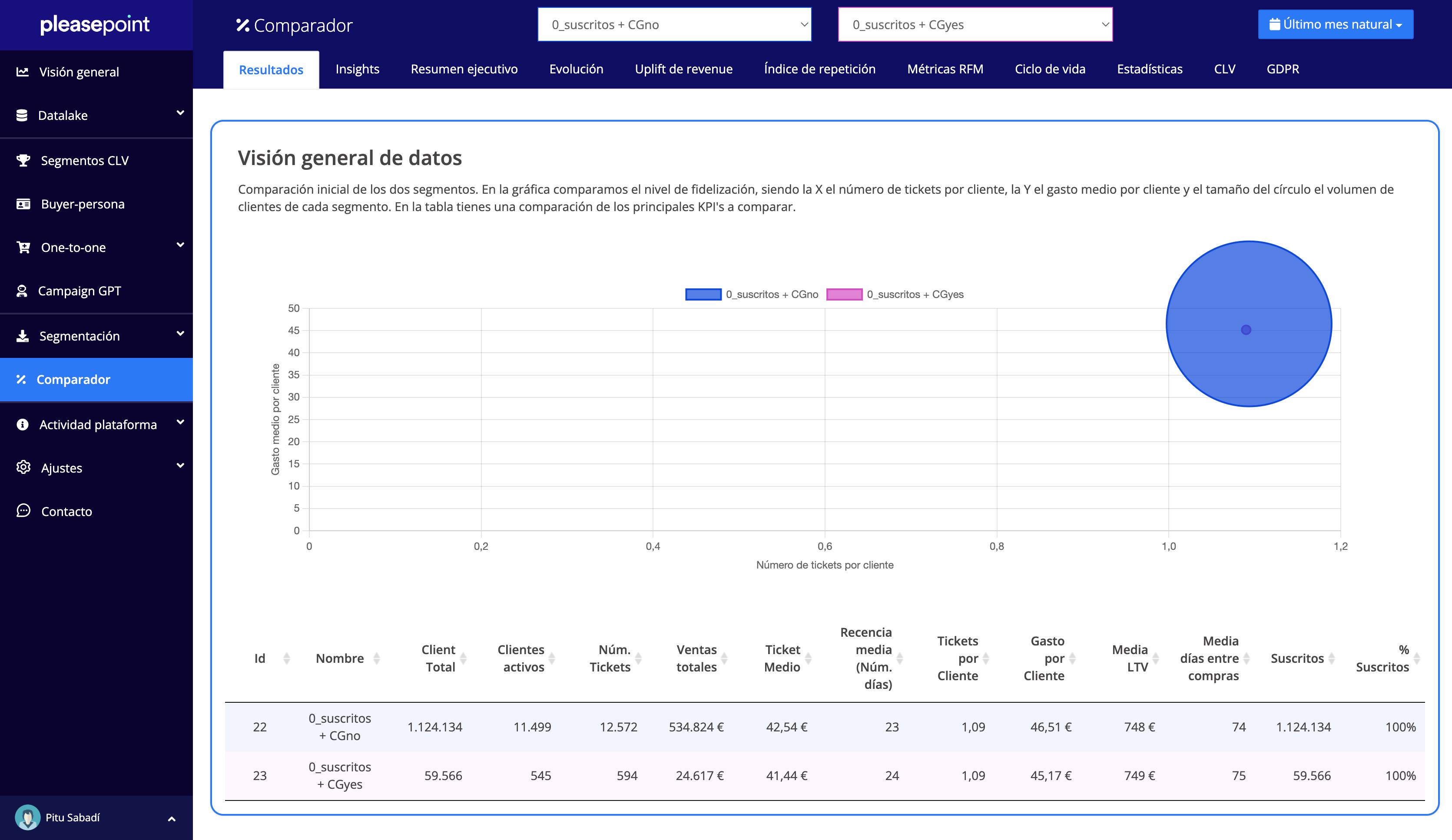
Check out the daily sales evolution.
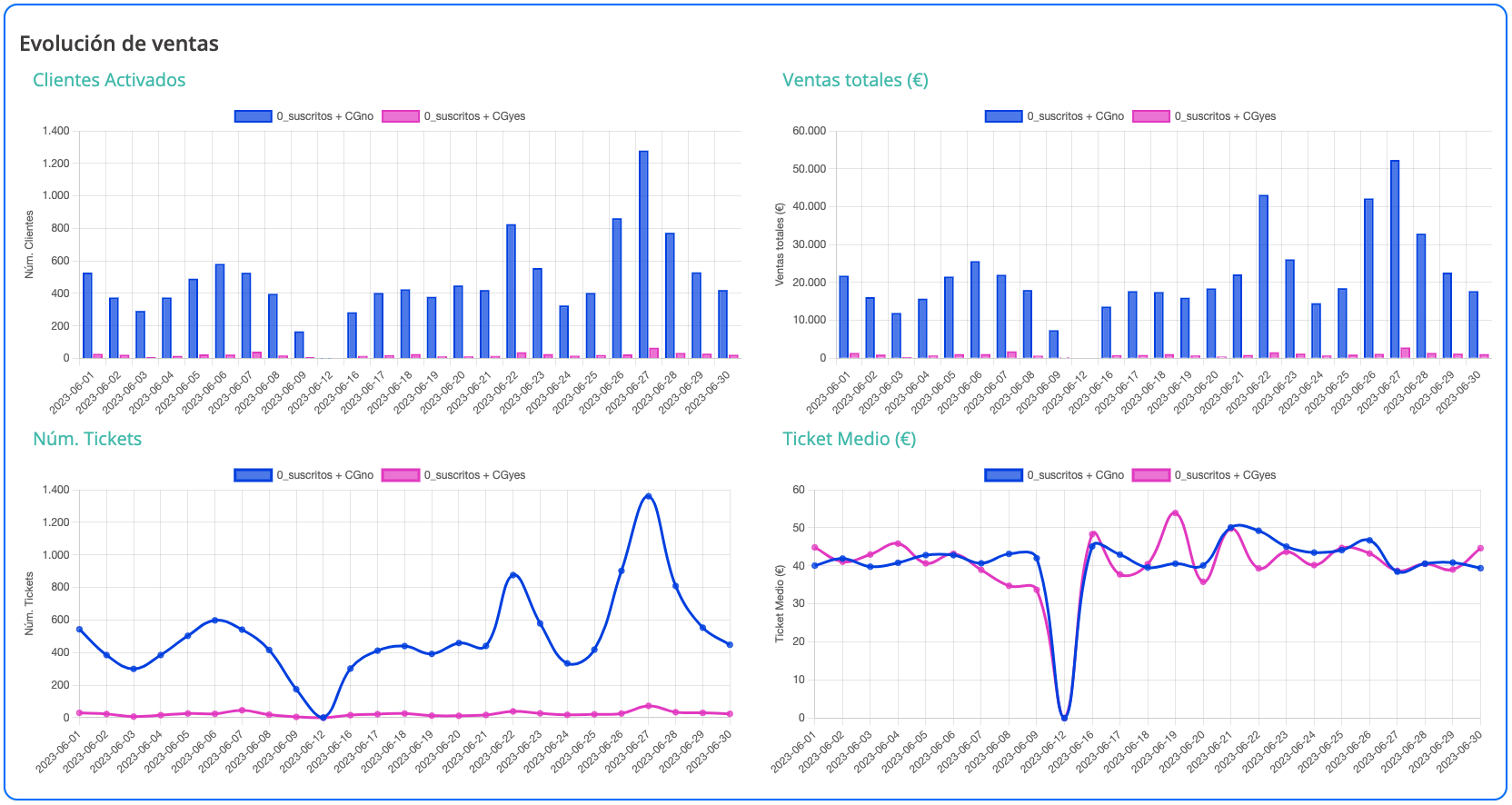
Which segment performed better?
In terms of the total number of customers activated, total sales, and the number of tickets, we cannot compare both groups since they have very different customer volumes.
To solve this problem, we calculated two KPIs: sales volume generated per 1,000 segment customers and the number of tickets issued per 1,000 segment customers.
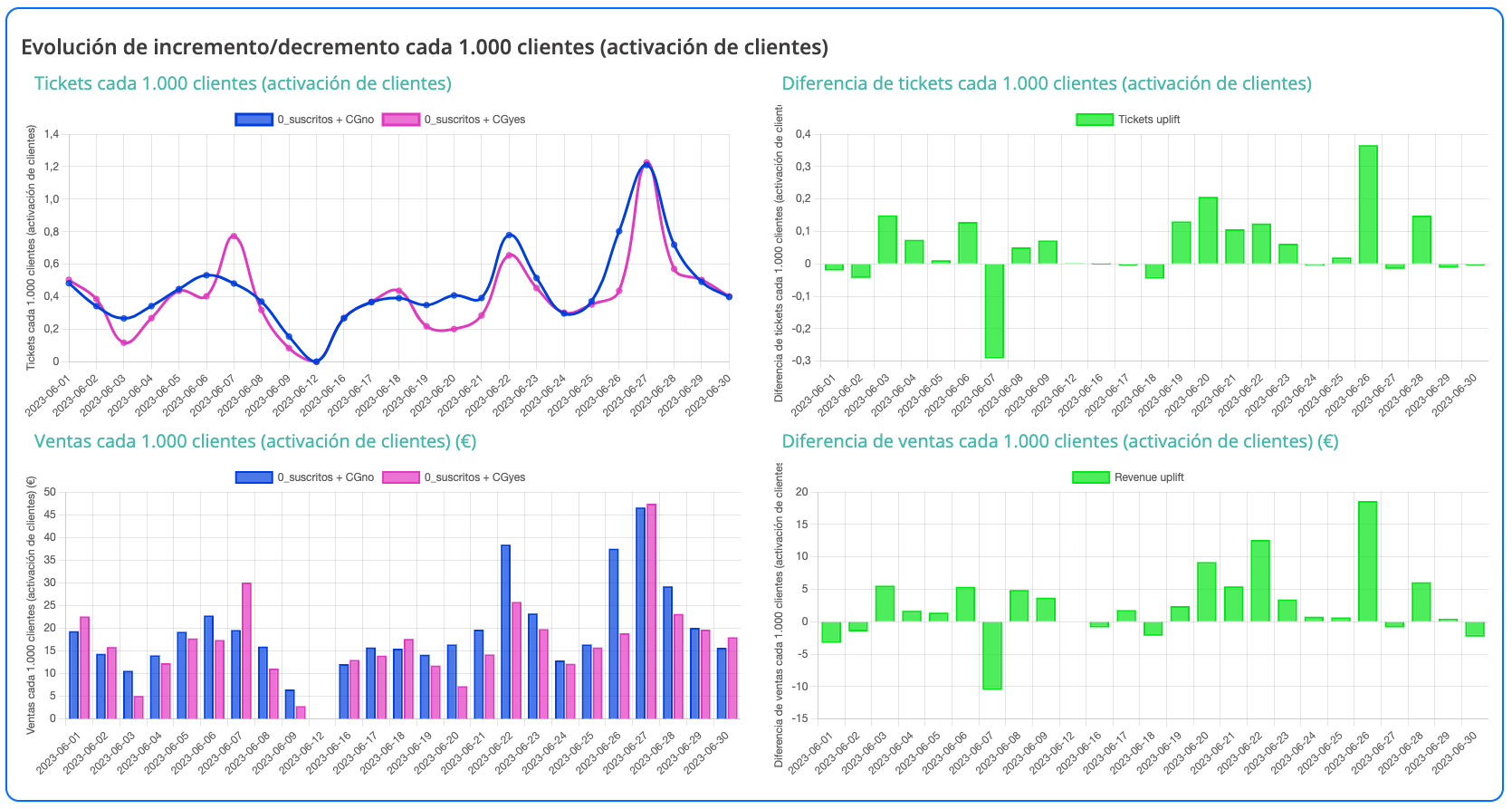
These two KPIs are now comparable.
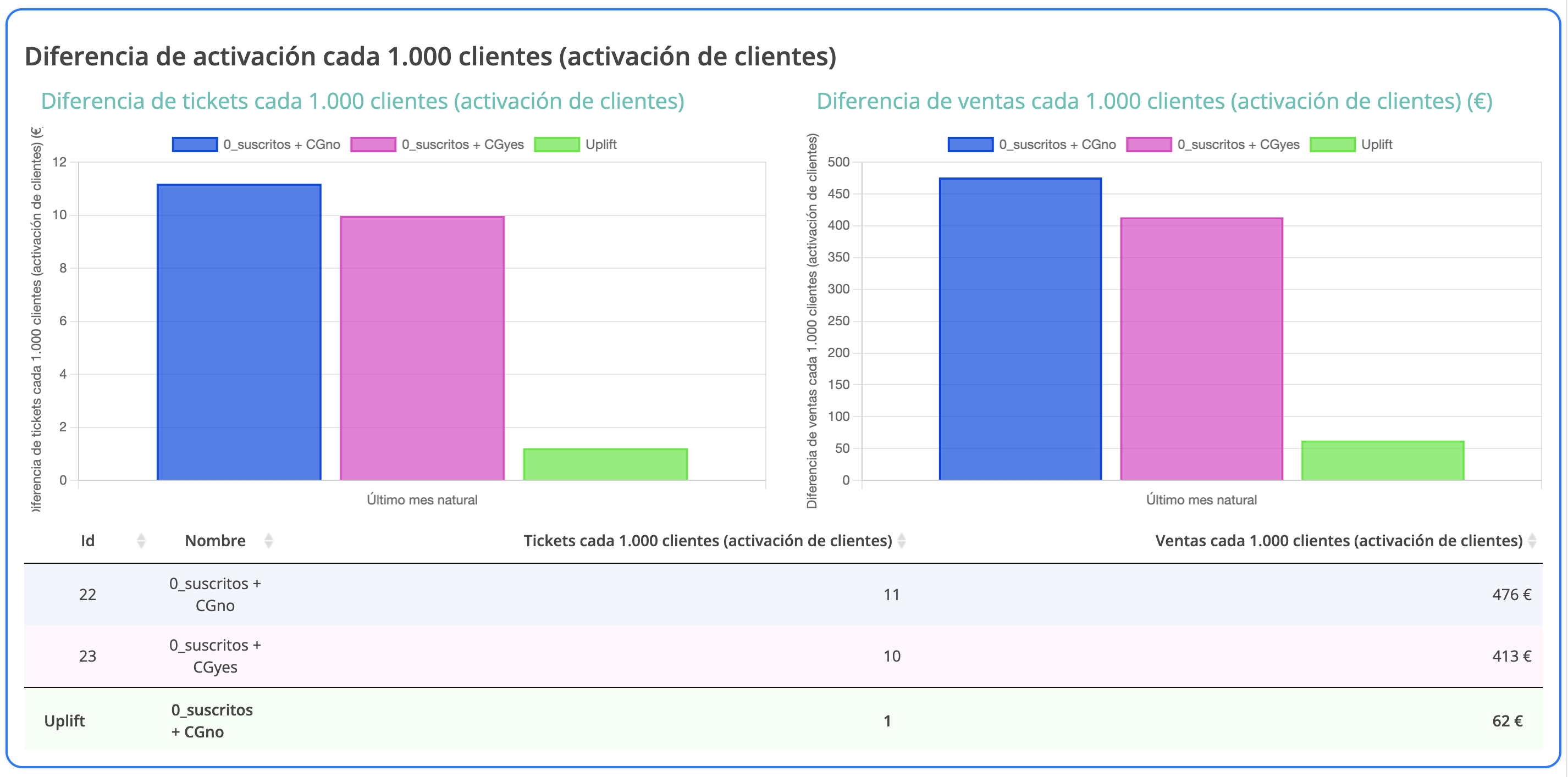
This allows us to calculate the overall results of the test.

Here are the results for the month:
- 15.12% increase in sales generated for the eCommerce in June, valued at +€70,247.
- 12.15% increase in orders generated for the eCommerce in June, valued at +1,362 orders.
- 11.8% increase in reactivated customers in June, valued at 1,214 more customers.
Benefits of hyper-personalization.
This success story provides valuable insights into the benefits of personalization in email marketing strategy.
The ability to use predictive marketing to anticipate customers' product replenishment needs and send highly personalized messages makes a significant difference in terms of results and profitability.
Personalization allows us to establish stronger connections with customers, increase satisfaction, and build long-term loyalty.
We want to help you maximize the potential of personalization in your marketing strategy. That's why we invite you to download our one-to-one marketing ebook, where you'll find more information, tips, and strategies to implement effective personalization in your business.
In conclusion, this success story highlights how personalization in predictive marketing can drive product replenishment in a consumer goods client.
The results demonstrate that a data-driven personalized strategy that understands customer needs can significantly impact business results and growth.
Discover the power of personalization in predictive marketing and take your strategy to the next level!
If you have any questions or need more information, our team will be happy to help you on your journey to a more effective and personalized marketing strategy.
